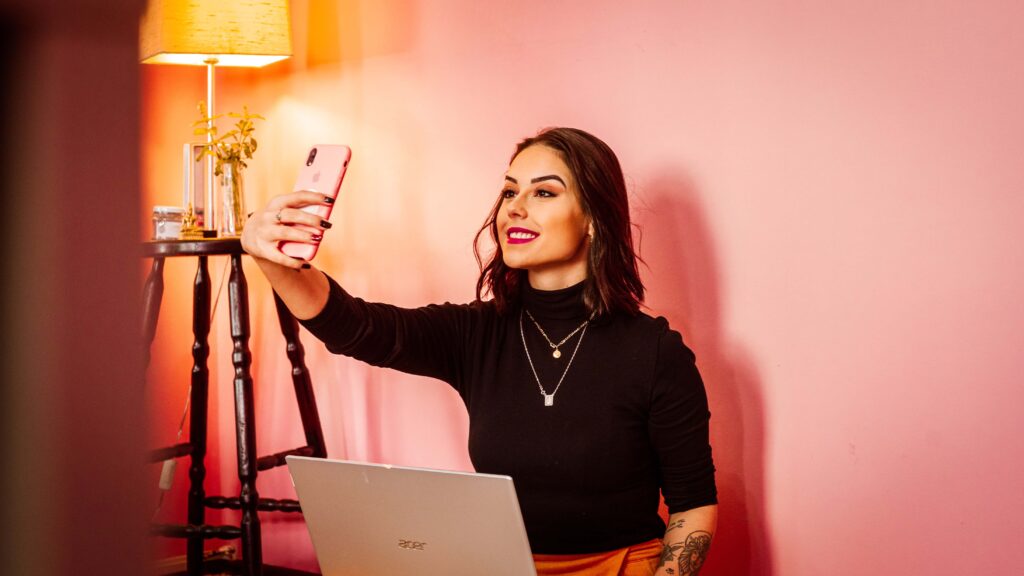While the idea of the micro-influencer was not new, giving it a name was a dead giveaway that the social media game was changing for ordinary people.
It amazes me that regular, everyday people have been able to make a living of some sort, one way or the other, from social media. A handful of people I grew up with and/or met in college have gained significant amounts of followers compared to the average person, to the point where some of them are securing major brand deals with huge companies. It’s definitely exciting to see and watch their journeys.
Everyday Micro-Influencers
In a recent study, it was discovered that there is now a 1 to 10 ratio of micro-influencers to mega-influencers, respectively. That number could increase, considering that kids are now considering careers as influencers as well.

As amazing as it is to be an influencer, like most things in life, it comes with its challenges. One of them being that because you have more of a following, so you are subjected to a lot more lurking eyes and criticism from complete strangers. Plus, with brand deals being a major source of revenue, your personal brand has to be respectable enough to not only work with the brand but to continue working with them as well. Anything that doesn’t line up, or one small mistake could cost them their bag and image.
As I’ve witnessed the aftermath of both micro and mega influencers attempting to clean up after making a mistake and observing how the cancel culture does not allow people to grow, it got me thinking that people should be heavily considering the consequences of making mistakes as a micro-influencer. Arguably, as a regular person, people can still “ruin” their lives with an irreversible mistake, but the impact and backlash would also arguably, be less, compared to an influencer.
Embrace Your “Regularism”

People are starting to embrace just being a regular, average person. I watched a YouTube video a few weeks ago that described the creator’s opinion on embracing “regularism,” and I couldn’t agree more. I think more people should understand that it’s okay to feel that way.
The older I get, the more I realize I want to foster my intimate relationships. People on social media will never know me as intimately as the people I keep in my circle, nor understand the reason why I do or don’t do things. Also, I like being able to express my opinions, which I don’t think are controversial or anything, but that I know has raised opposition with some of my peers in the past. When I express these opinions, I’d rather hear this kind of feedback from people that actually know me, rather than a stranger on the internet.
And just because someone isn’t an influencer of some sort on social media, doesn’t mean that they can’t have an impact on someone’s life. While micro-influencers main tasks are to sell products or services, there are everyday people who can influence people as well, just on a smaller scale. There are so many “regular” people that I grew up around that have influenced me to be the person I am today. Teachers, child-care professionals, community leaders—they all contributed to my overall well-being.
Whatever someone chooses to do, I wanted to make it clear that influence, on any scale, can be achieved in more ways for the average person than being everyday micro-influencers. I hope this proves to be a good read for food for thought on the subject of wanting to become an influencer.
